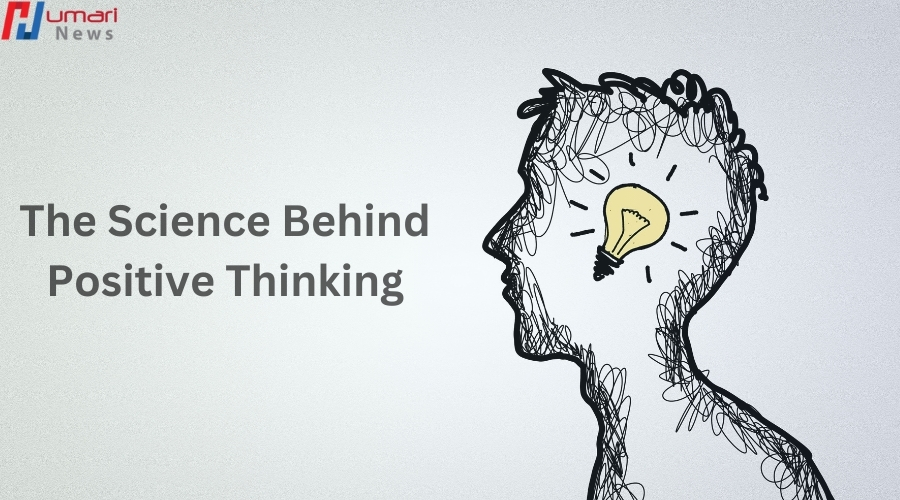In today’s fast-paced world, maintaining a positive outlook can significantly influence your well-being and success. The concept of positive thinking emphasizes the importance of focusing on optimistic thoughts and beliefs, which shape how you perceive challenges and opportunities.
This mental attitude isn’t just about ignoring life’s difficulties but about facing them with confidence and the expectation that things will improve.
The power of positive thinking has been backed by science, highlighting its impact on mental health, relationships, and even physical well-being.
1. What is Positive Thinking?
Positive thinking refers to the mental practice of focusing on constructive thoughts and expecting favorable outcomes. It’s about shifting your mindset away from negativity, self-doubt, and fear toward hope, gratitude, and self-belief.
At its core, positive thinking means being solution-oriented—identifying opportunities even in difficult circumstances. It doesn’t imply denying reality but reframing challenges as stepping stones for growth.
2. The Science Behind Positive Thinking

Research has shown that positive thinking has tangible benefits for both the mind and body. Studies conducted by psychologists indicate that people who adopt positive thinking are better equipped to cope with stress, experience less depression, and have healthier immune systems.
Optimists are also more likely to engage in healthy behaviors, such as regular exercise and balanced eating, which contribute to better long-term outcomes.
Positive thinking influences the brain’s neuroplasticity, meaning the ability of the brain to adapt and change in response to thought patterns. When we focus on uplifting thoughts, our brain strengthens the neural pathways associated with optimism and problem-solving. Over time, this shift in mindset becomes a habit that improves mental well-being.
3. How Positive Thinking Impacts Different Aspects of Life
3.1 Mental Health
A positive outlook helps individuals manage stress and anxiety more effectively. Optimistic thinkers are more likely to practice gratitude, which can improve mood and decrease symptoms of depression. Furthermore, adopting a positive mindset builds resilience, allowing people to bounce back from setbacks with greater ease.
3.2 Relationships and Social Connections
People with a positive attitude tend to foster stronger relationships. Their ability to view situations with optimism makes them more approachable and empathetic, helping them navigate interpersonal conflicts better. When you radiate positivity, it also encourages those around you to adopt a similar mindset, strengthening social bonds.
3.3 Physical Health
Positive thinking also offers significant benefits for physical health. Research suggests that individuals with an optimistic outlook have lower risks of heart disease and better immune responses. Positive thinkers are more likely to engage in healthy behaviors, such as maintaining an active lifestyle, eating well, and getting regular medical check-ups.
4. How to Cultivate Positive Thinking
Positive thinking, like any habit, takes intentional effort and practice. Here are some practical strategies to develop and maintain a positive mindset:
- Practice Gratitude: Spend a few minutes each day reflecting on things you are grateful for. This simple act can shift your focus from what’s missing to what you have.
- Reframe Negative Thoughts: When negative thoughts arise, consciously challenge them by asking yourself, “What’s the positive side of this situation?”
- Surround Yourself with Positivity: Connect with people who motivate and inspire you, as your environment greatly influences your mindset.
- Affirmations: Use positive affirmations to reinforce optimistic thoughts. For example, saying “I am capable of overcoming challenges” can reprogram your brain for success.
- Mindfulness and Meditation: Mindfulness practices help you stay present, making it easier to manage emotions and maintain a balanced perspective.
5. Challenges in Adopting Positive Thinking
While the benefits of positive thinking are well-documented, adopting a positive mindset isn’t always easy. Life can present obstacles, and shifting from a negative to a positive outlook takes time.
Additionally, toxic positivity—ignoring real problems and forcing optimism—can be counterproductive. Positive thinking should complement emotional awareness, allowing you to acknowledge challenges while focusing on solutions.
Conclusion: Harnessing the Power of Positive Thinking
The power of positive thinking lies in its ability to reshape how we perceive the world and ourselves. It empowers us to face challenges with confidence, build meaningful relationships, and improve our mental and physical health.
Although developing a positive mindset takes practice, the rewards are profound, leading to a more fulfilling and resilient life. By cultivating gratitude, reframing thoughts, and surrounding yourself with positivity, you can unlock the transformative power of positive thinking and navigate life with a renewed sense of hope and purpose.
Positive thinking is not about denying reality but about choosing how you respond to it. With consistent effort, anyone can develop this mental habit and experience its lasting benefits. Start today—your journey toward a brighter, more optimistic future begins with a single thought.







